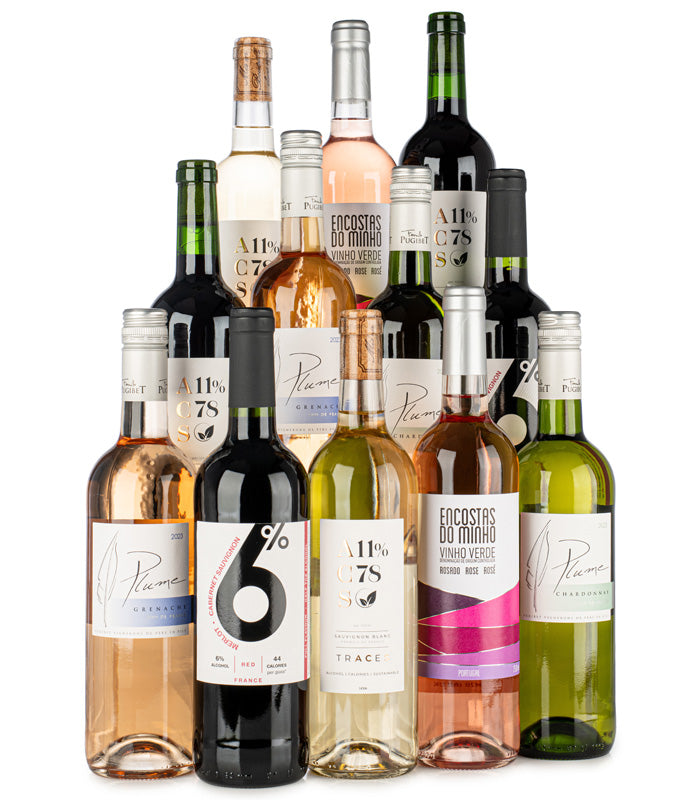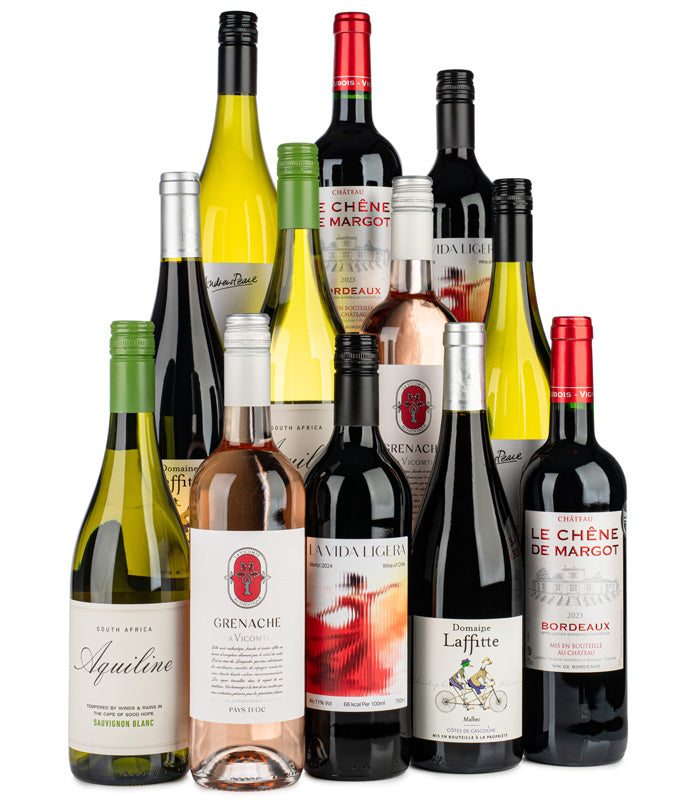- Share on Facebook
- Tweet on Twitter
- Pin on Pinterest
Why is Light Beer the category to watch?

ZERO SUGAR WINE
ZERO SUGAR WINE
SHOP BY WINE TYPE
SHOP PRE-MIXED CASES
SHOP BY DIETARY REQUIREMENT


LOW CARB BEER
